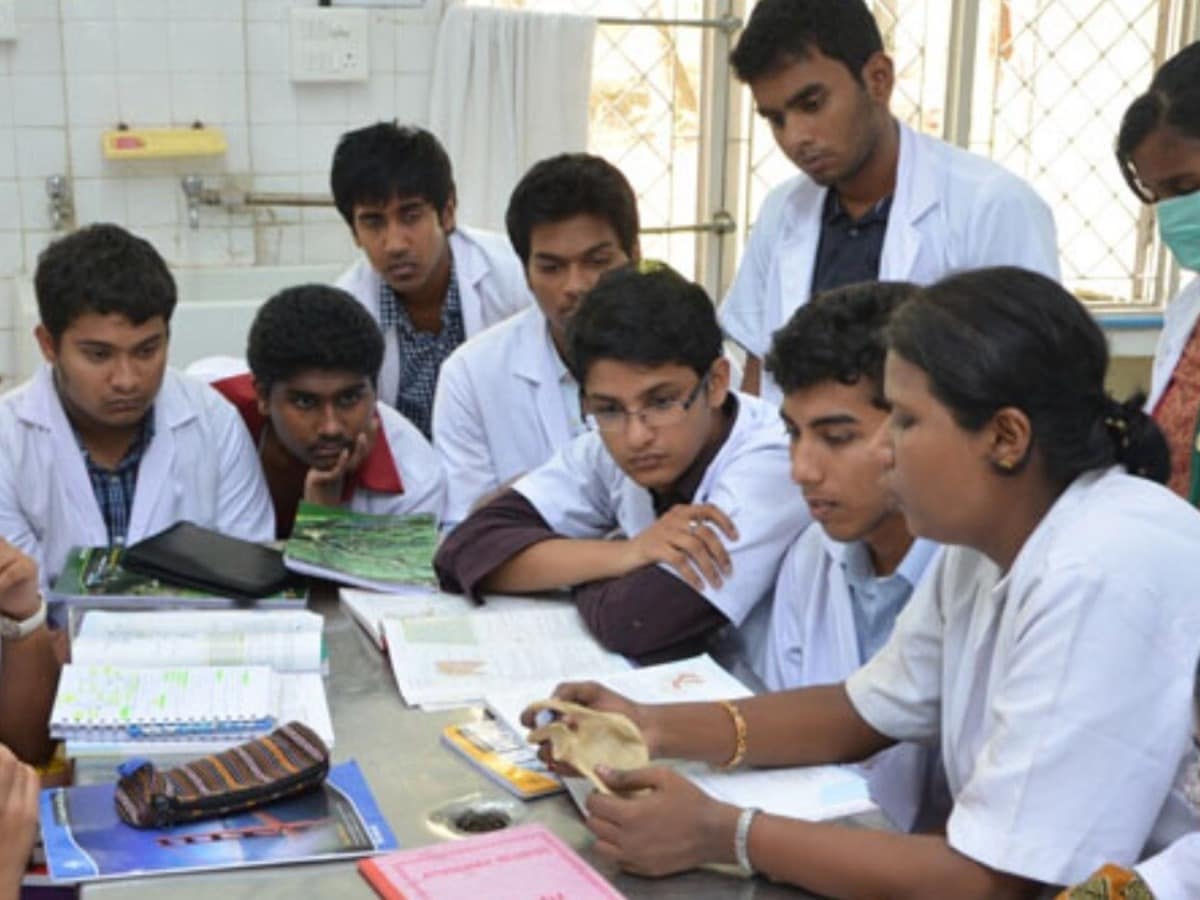The Medical Institution (Faculty Qualifications) Regulations, 2025 released by the National Medical Commission (NMC) have introduced significant changes to the eligibility criteria for medical faculty. This new regulation emphasizes the growing importance of advanced academic qualifications in the medical field.
Changes in Faculty Qualification Criteria
With the introduction of the NMC regulations, the eligibility criteria for medical faculty positions have undergone a transformation. Specifically, the MSc-PhD qualification is now no longer viewed as an alternate option or a secondary qualification. Instead, it stands on equal footing with the MD (Doctor of Medicine), MS (Master of Surgery), and DNB (Diplomate of National Board) degrees.
Implications for Medical Institutions
This change has various implications for medical institutions across the country:
- Enhanced Quality of Education: By elevating the MSc-PhD qualifications to a comparable status as MD and MS degrees, the NMC aims to enhance the overall quality of medical education and research.
- Recruitment Standards: Medical colleges and universities will be required to revise their recruitment standards, ensuring that faculty members possess the requisite qualifications that align with the new regulations.
- Research Focus: Faculty members with MSc-PhD qualifications may bring a stronger research focus to medical education, promoting innovative practices and developments in the healthcare sector.
Comparison of Medical Qualifications
| Qualification | Duration | Focus Area | Equivalent Status |
|---|---|---|---|
| MSc-PhD | Varies (Typically 3-7 years) | Research and theory in medical sciences | Equivalent to MD, MS, DNB |
| MD | 3 years | Clinical practice and specialization | Primary Medical Qualification |
| MS | 3 years | Clinical surgery | Primary Medical Qualification |
| DNB | 3 years | Various specialties | Primary Medical Qualification |
Conclusion
The NMC’s redefining of the MSc-PhD qualification not only emphasizes the need for advanced research-oriented educators in medical institutions but also promotes a more standardized approach to faculty qualifications. As medical education continues to evolve, these regulations will likely play a critical role in shaping the future landscape of medical training and research in India.

